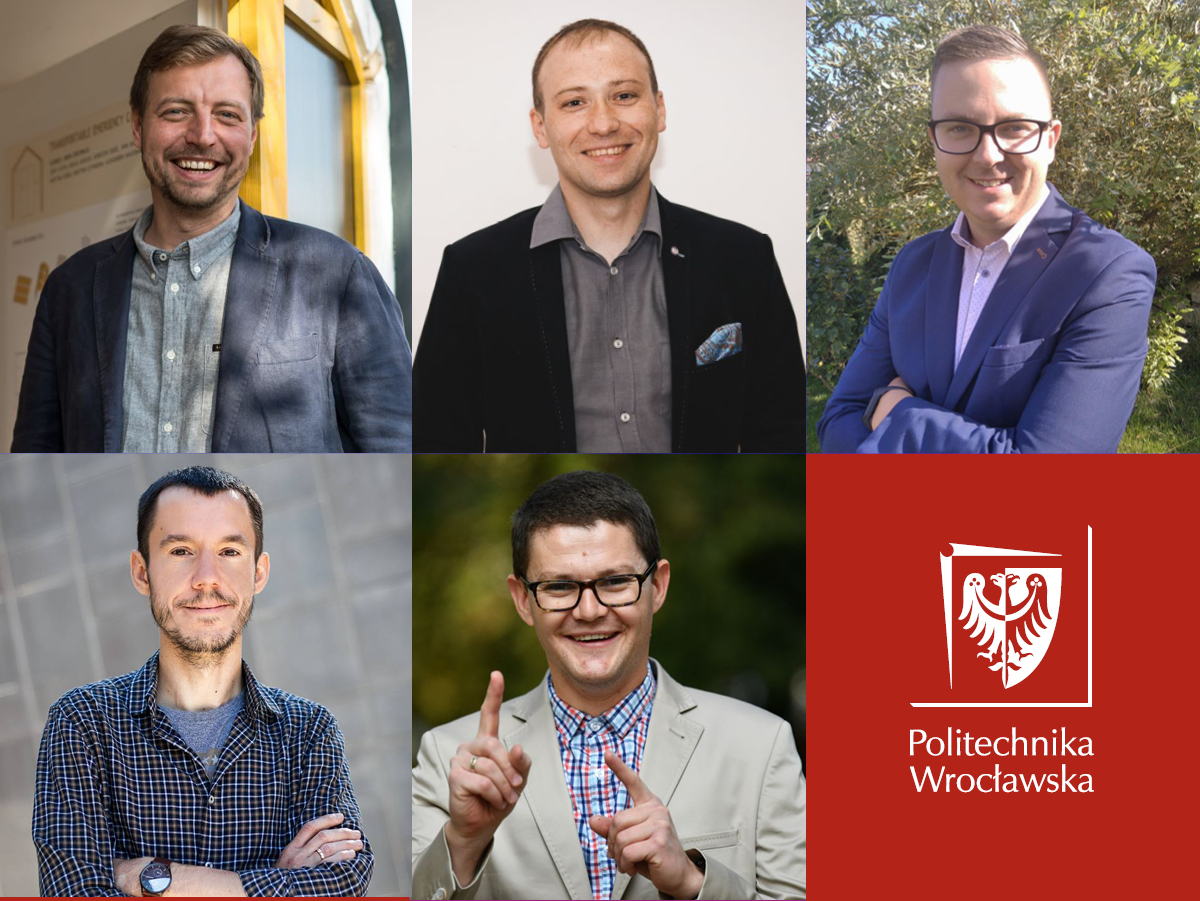YOUR BROWSER IS OUT-OF-DATE.
We have detected that you are using an outdated browser. Our service may not work properly for you. We recommend upgrading or switching to another browser.
Date: 01.10.2020 Category: awards, science/research/innovation
A compact laser, a precision printer, the use of granite dust, and an eco-friendly house made of cardboard – such projects will be taken up by the winners of the "Leader" competition organised by NCRD. Five researchers from WUST have received almost 7.5 million PLN for their projects.
 The "Leader" programme supports young scientists in unassisted planning of research work and managing their research team during the execution of projects whose results have implementation potential and could have practical applications.
The "Leader" programme supports young scientists in unassisted planning of research work and managing their research team during the execution of projects whose results have implementation potential and could have practical applications.
The largest grant, one amounting to nearly 1.5 million PLN, was awarded to University Professor Grzegorz Soboń, PhD, Dsc, Eng. from the Faculty of Electronics, who will conduct the project entitled "A compact optical fibre laser for multi-photon biomedical imaging".
The project involves the development of an optical fibre laser emitting ultra-short pulses in the spectral range at the border of visible light and near infrared, which will be used in medical diagnostics, e.g. biomedical imaging and multi-photon microscopy.
The remaining four winners received support for their research amounting to almost 1.5 million PLN.
University Professor Łukasz Sadowski, PhD, Dsc, Eng. from the Faculty of Civil Engineering will conduct the project "Use of waste granite dust for the production of selected construction products".
– We want to determine the suitability of waste granite dust for the production of construction products such as cement composites and epoxy flooring. As for the application-related goal, it’s to develop a technology for the use of waste granite dust for the production of construction products that can find practical applications in the construction industry – says Prof. Łukasz Sadowski.
Then, Paweł Kaczyński, PhD, Eng. from the Department of Plastic Forming, Welding, and Metrology at the Faculty of Mechanical Engineering, together with his team, intends to develop a new type of energy-intensive structure based on biodegradable materials to be used in sports helmets. It will absorb energy through plastic multi-spot crimping, which is the most effective way.
– This mechanism is already widely used in fields including the automotive industry and can be successfully adopted for the manufacture of sports helmets – says Dr Kaczyński.
Thanks to Marcin Winnicki, PhD, Eng. from the Department of Plastic Forming, Welding, and Metrology at the Faculty of Mechanical Engineering, the "Sonic Jet - a precision printer for producing flexible electronics" will come into being.
The printer will be used to produce so-called flexible electronics, i.e. elements printed on flexible substrates, e.g. thin polymer films. This will make it possible to extend the use of printouts, e.g. in smartphones or TV’s with a flexible screen, flexible photovoltaic modules, intelligent packaging, and clothing or as stretching sensors stuck to the skin as used in medicine.
Our site uses cookies. By continuing to browse the site you agree to our use of cookies in accordance with current browser settings. You can change at any time.